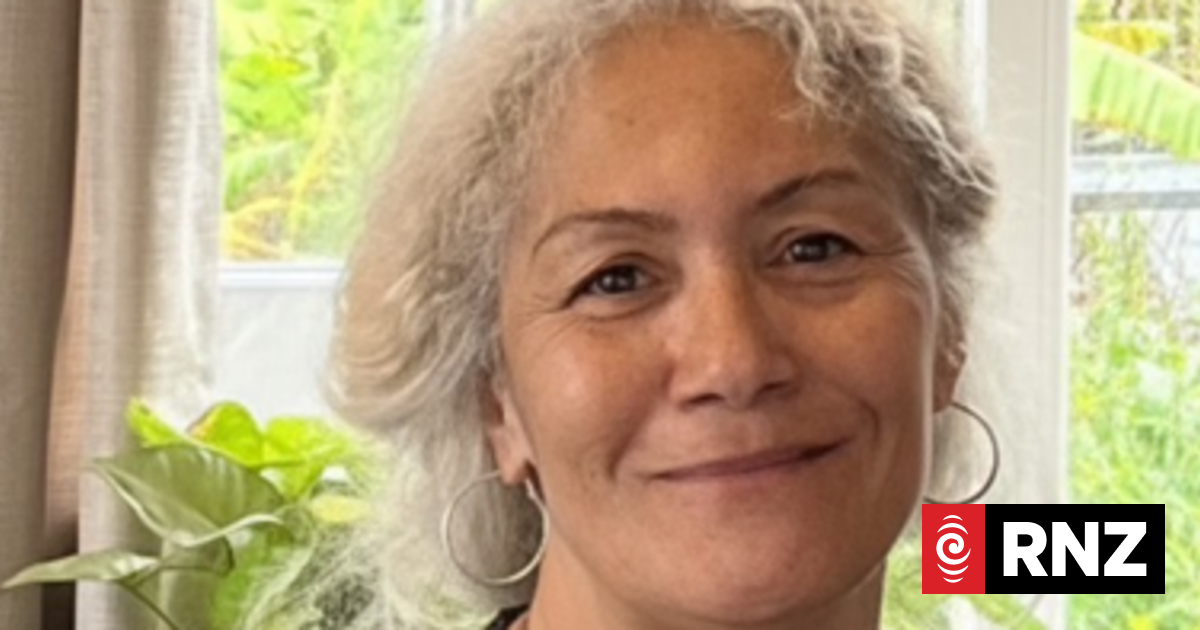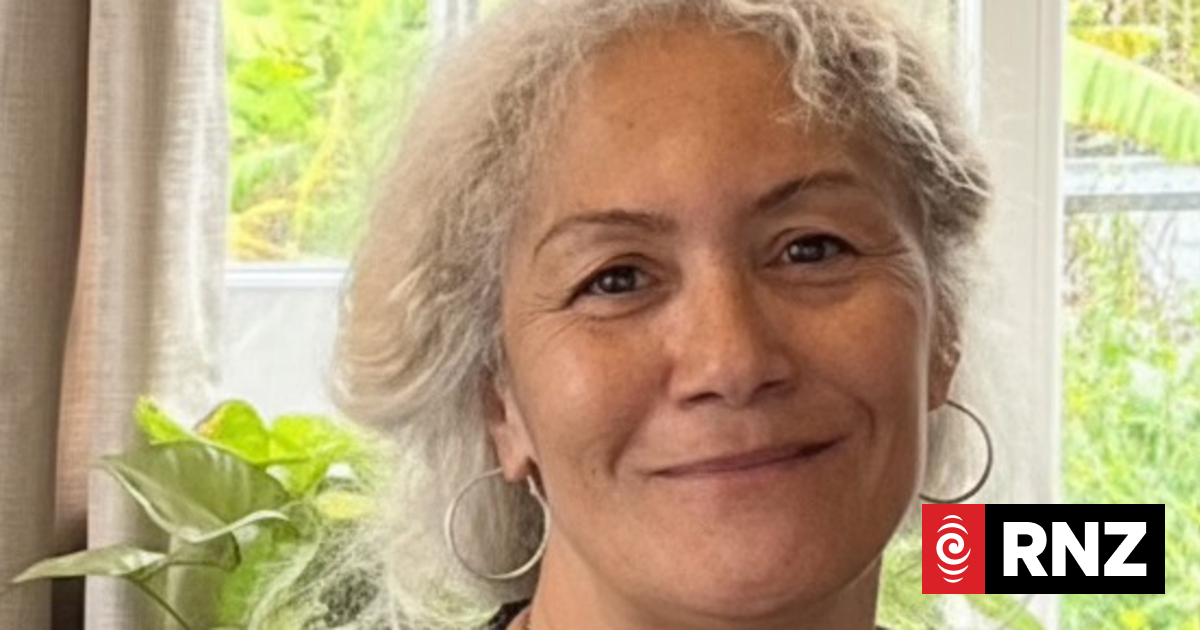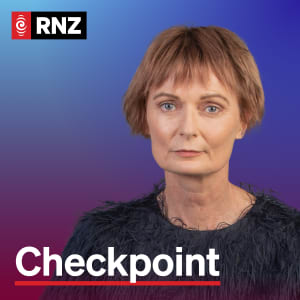Te Hiku Hauora’s Joanne Urlich and her whanau did many lengthy trips from Tokerau beach to Whangārei for her dad’s cancer treatment before he passed away last year.
Lengthy drives and overnight trips to get to specialist appointments in Whangārei and Auckland are putting a massive strain on Far North families causing some to opt out of treatment altogether.
That’s the stark reality of getting sick in the Far North, which Joanne Urlich is all too familiar with both personally and in her role as general manager of Te Hiku Hauora’s community outreach programmes.
Urlich, her husband and her mum took turns driving her father to Whangārei Hospital for weekly chemotherapy treatments when he fell ill with cancer.
Her dad, who died last year, had to rely on his whānau to make the five-hour return trip from his home in Tokerau Beach to frequent medical appointments during the course of his illness.
Advertisement
It’s a situation familiar to many patients Urlich comes across in her work at the largest provider of primary health care services in the Far North.
“They have to travel on a Monday night to be there Tuesday morning for chemotherapy, then drive back,” she said.
“Then they have to go back to Kaitāia on Thursday for blood tests, to carry on for the next round of chemo the next week.
“If they end up on radiation they have to travel to [Auckland Cancer Society’s] Domain Lodge in Auckland.
Advertisement
“If they don’t have transport they have to bus from Kaitāia Hospital to Whangārei, spend the night there, and take another shuttle to Auckland.
“They’re away from family, they have to arrange food… it’s the endless travel, it has massive impacts on people.”
Urlich was pleased to hear a funding boost aimed at addressing the issue was recently announced by the Government.
Health Minister Ayesha Verrall said nearly $9 million of funding will go to frontline health providers supporting isolated communities in Northland, Tairāwhiti and Hawke’s Bay as part of the Budget Cyclone recovery package.
This includes air and road transport helping people to get to appointments and hospital services for isolated communities.
The rest of Budget 2023 was announced by Finance Minister Grant Robertson yesterday.
Major health highlights are:
- The $5 co-payment for prescription medicines will be removed from July this year costing $618m over four years.
- More than $1 billion allocated to increase health workforce pay rates and boost staff numbers, including:
- $63m for 500 extra nurses.
- $118m to help reduce waiting lists and $100m to boost primary care.
- $75m more for Pharmac.
- $20m to lift immunisation and screening coverage for Māori and Pacific peoples.
Urlich said the issue of access to healthcare services was crucial.
“We’ve had people in the Far North who have chosen not to get treatment because of the stress the travel will put on them.
“It’s really sad that’s what people have to consider. That’s the reality of living in the Far North.
Advertisement
“My dad was lucky he had whānau support, there’s plenty of other people who don’t have that.”
Te Hiku Hauora chief executive Dr Maria Baker said a lack of specialist care in Northland meant getting patients to appointments and hospital services further afield was “a massive issue”.
/cloudfront-ap-southeast-2.images.arcpublishing.com/nzme/F6J5DYVBIBEENK75QI4FKFJJME.JPG)
“If people are diagnosed with cancer in Northland, the high likelihood of them being on the cancer treatment pathway is they will have to go to Auckland.
“With the issues with roading and the Mangamukas out it can take five hours to get to Auckland.
“The other issue is we don’t have oncologists or specialist nurses here, so they have to access those services in Whangārei – if they have them.”
Dr Baker said having to travel such long distances was difficult for many.
Advertisement
“It’s really hard on families.
“They can’t go by themselves; they have to have a loved one or a volunteer drive them.
“Even for those of us who are well, a five-hour drive is tiresome and it’s expensive.”
Te Rarawa iwi leader Haami Piripi said it was a “huge inconvenience” for residents to travel long distances to get to healthcare services.
Piripi, who lives in Ahipara, said those in north Hokianga either had to drive to Kaitāia Hospital for medical treatment or rely on a ferry service to cross the harbour to Rawene.
/cloudfront-ap-southeast-2.images.arcpublishing.com/nzme/AGD3SM2WONHY5FSCFP474NGFDA.JPG)
“It’s exacerbated where we are. If the ferry is not running, there’s no way of crossing the harbour.
Advertisement
“You can’t have a heart attack after 7.30 at night because there’s no ferry.”
Dr Baker hoped the Budget would address a major shortage of GPs in the region which “would be tough going into winter”.
Having access to online services to increase capacity was important as “doctors are already stressed out and the demands of our whānau are high,” she said.
A recent survey by the Royal New Zealand College of General Practitioners found Northland GPs are burnt out and struggling with the lack of resourcing.
General Practice New Zealand was disappointed the budget offered “none of the urgent support needed to address New Zealand’s desperate and growing situation where people are increasingly unable to access the care they need when they need it”.
GPNZ Chairperson, Dr Bryan Betty, said: “It’s great to see many prescriptions becoming free, but that is little help if access to your GP for your prescription isn’t first addressed.”



